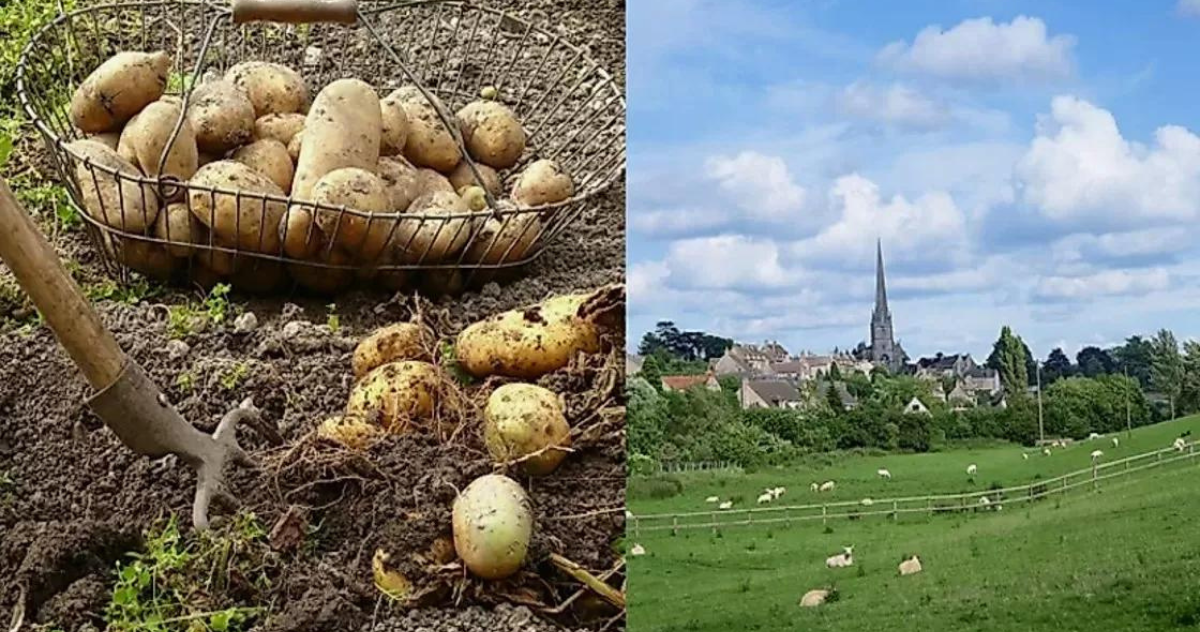London (Parliament Politic Magazine) – Scotland’s environmental credentials are about to soar in tandem with the COP28 global climate change summit. The leader in industrial and agricultural drone technology in Europe has made the nation a top target for commercial partnerships.
Such a step, according to Hungary’s ABZ Innovation, is essential to its ambitions to subvert China’s worldwide hegemony in the emerging industry. The knowledge of ABZ is already widely utilized in Ghana and, more recently, in continental Europe. It happens at the same time that Scotland’s First Minister, Humza Yousaf, arrived in Dubai for the summit, warning that the world is at a “tipping point” and that urgent action is needed to address both climate change and its effects on biodiversity.
The ABZ Technology
In addition to dramatically increasing the productivity of more sustainable crops, the ABZ technology is poised to end the long-standing farm labor shortage that exists throughout the UK. Stirling has one goal; it is a city celebrating its 21st year of existence, twinned with the Budapest township Obuda, and appears to be a hub of activity. One crucial to the emergence of a new breed of industrial drones, far removed from their use as aerial playthings or in combat scenarios.
As the only European Agri-drone company, ABZ offers farmers state-of-the-art technology that allows them to adjust their work to otherwise unidentified crop spraying specifications precisely.
This reduces input and costs dramatically, with the latter using 50–90% less water and chemicals while still reaping the benefits of a precise 40 percent increase in crop coverage and production.
Good Food Nation Policy
According to the Scottish Government’s “Good Food Nation” policy, the city located in central Scotland is a “beacon” that aligns with the UN’s sustainable development goals. It is a progressive step towards the economy of the UK. The Stirling model is considered the industry leader in the Government’s commitment to a new national food system, according to the campaign group “Nourish Scotland.”
Press and business representatives were extended an invitation to Budapest to observe a drone demonstration titled “The Global Future of Agriculture.”The central Scottish city is described as a “beacon” and consistent with supporting UN sustainable development goals in the Scottish Government’s “Good Food Nation” policy. This technology becomes even more potent when Artificial Intelligence (AI) and machine learning algorithms are combined. It can now predict crop yields, optimize resource allocation, and modify farming practices in response to constantly shifting climatic conditions.
Moreover, the utilization of Agri-drones holds promise for considerably boosting farming operations’ profitability. Farmers can attain increased efficiency and long-term financial sustainability by optimizing crop management techniques, cutting input costs, and optimizing yields. This becomes increasingly important as the agriculture industry works to minimize its negative effects on the environment while satisfying the growing demands of a growing world population. However, there are obstacles to the broad adoption of this cutting-edge technology.
Karoly Ludvigh said, “The Stirling model sounds really interesting. I intend to follow it up right away.”
Looking ahead, the agricultural sector in the UK faces significant challenges. “Our drone technology enhances efficiency while upholding the strictest environmental standards, providing a useful maintenance-free solution.” The reasons that traditional production methods are no longer viable include weather, food shortages, supply chain disruptions, and global political tensions.
Drone battery life is extended by an improved power train, which guarantees the lowest possible operating costs and maximum crop protection with a notably reduced use of pesticides. Furthermore, Ludvigh said, “It is very fast.” For a nation like Scotland, where arable production includes a sizable amount of cereal crops for both domestic and foreign markets, a drone partnership like this is especially important. Sadly, severe weather originating from the North Sea affects large rural areas, including island communities, making crop spraying previously impossible or impossible.
Tragically, severe weather originating from the North Sea affects large areas of rural areas, including island communities, making crop spraying previously impossible or impossible.
In Stirling, the food sector keeps going to be a significant employer, with 926 fairly equally spread agricultural holdings lasting approximately 155,000 hectares and primarily cultivating wheat, barley, and oats.
Read More: What is the Negative Impact of Excessive Use of Technology in Classroom?
The Bottom Line
The goal of the city’s Agro-ecological food production acceleration is to become carbon-neutral by 2030. It’s a step toward more ecologically friendly food production, skill development, community development, and general health and wellness improvements. As news of the new generation of drones arriving in Scotland spreads, it is anticipated that other countries will adopt the same model.

